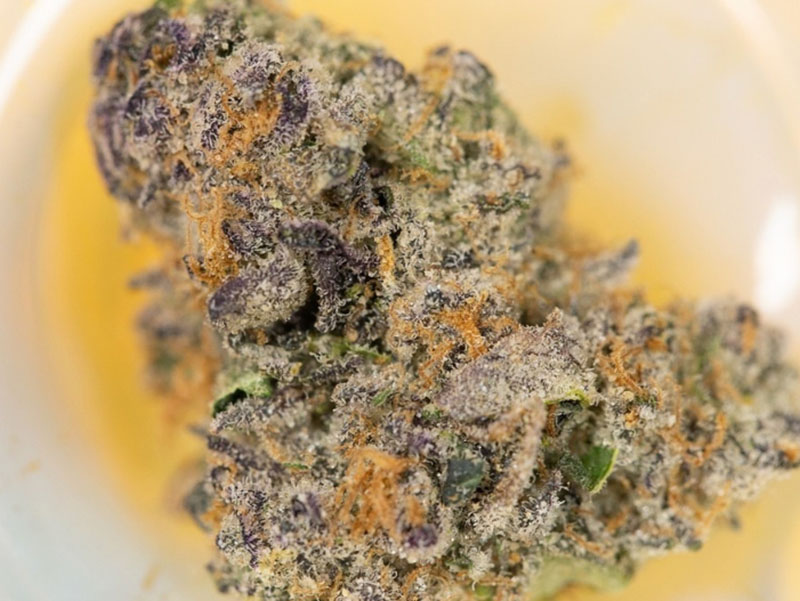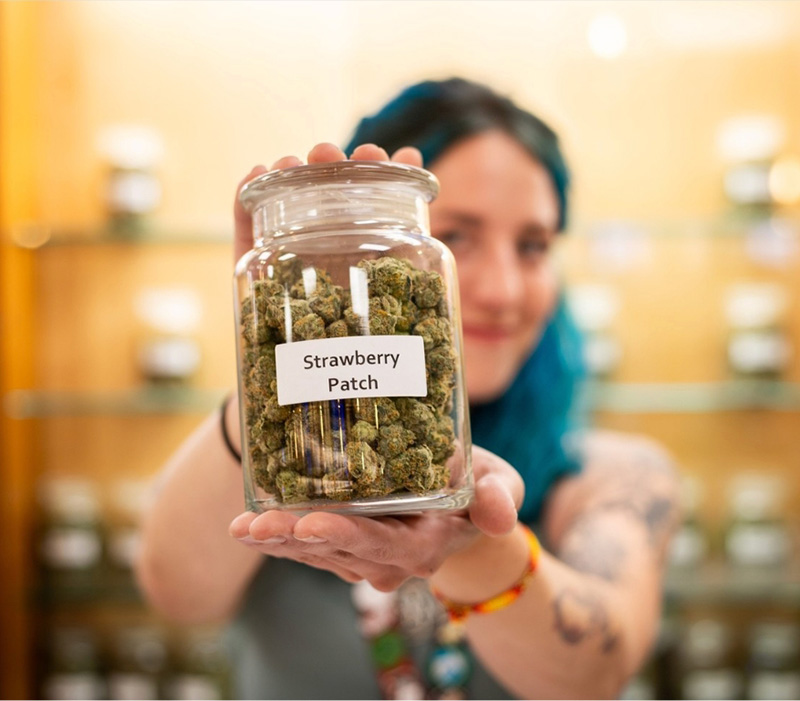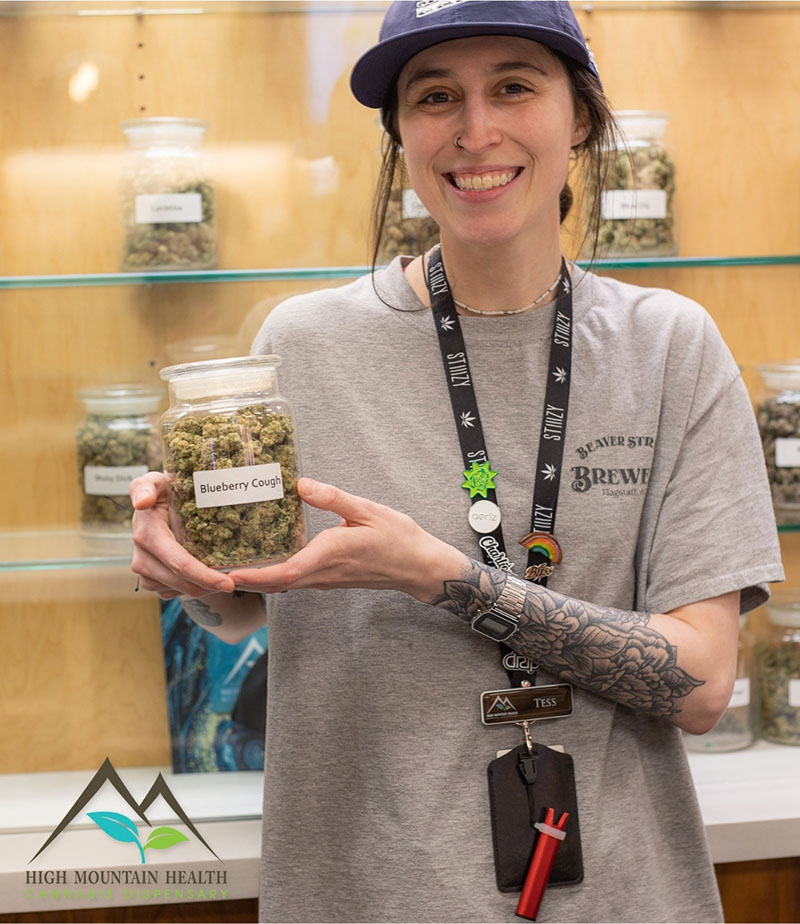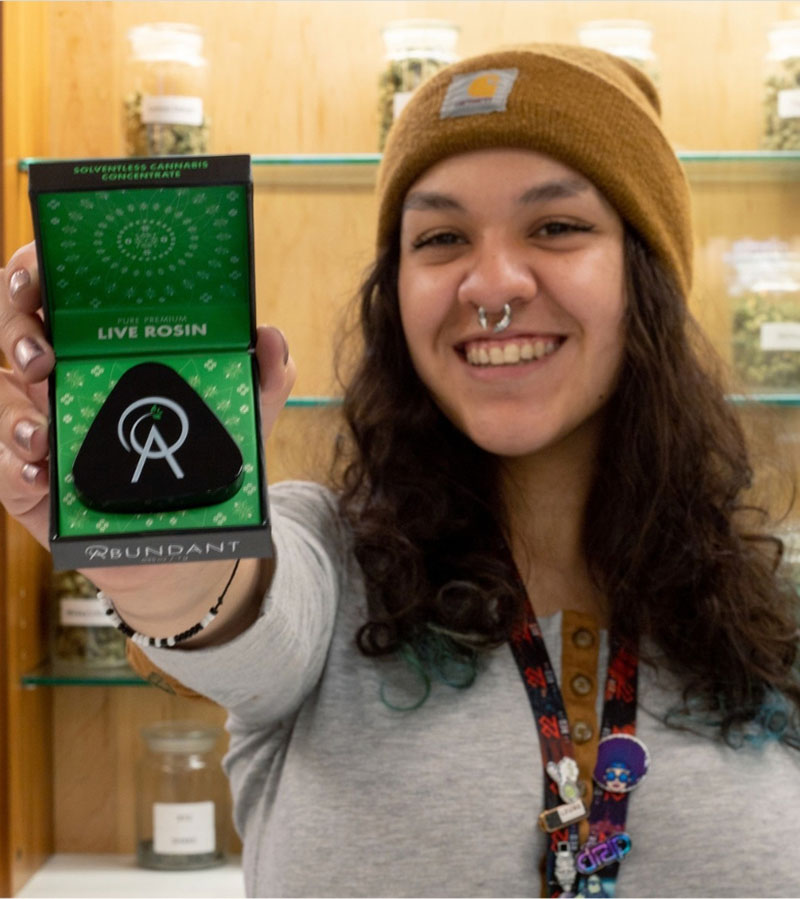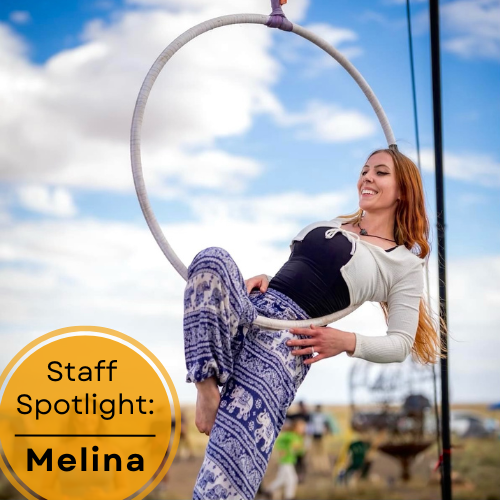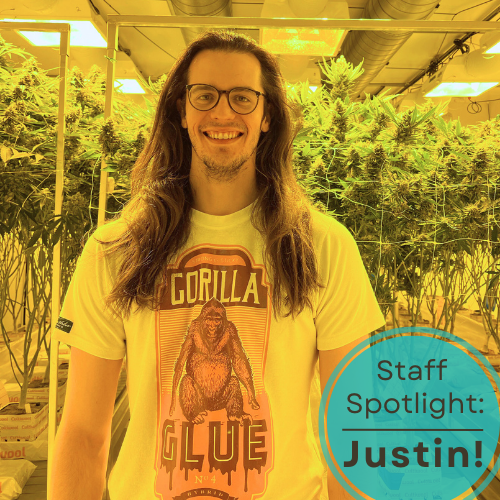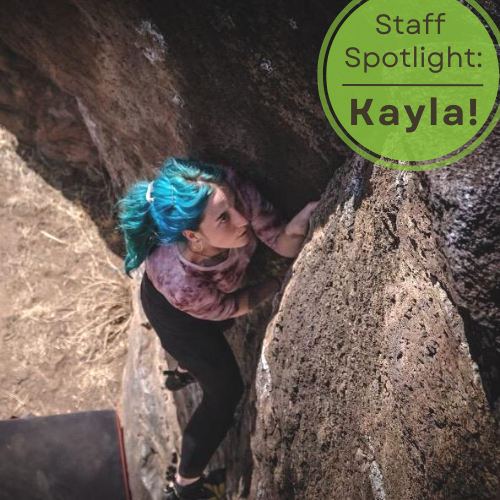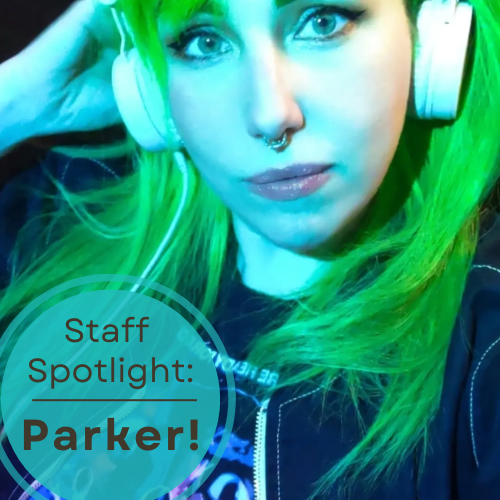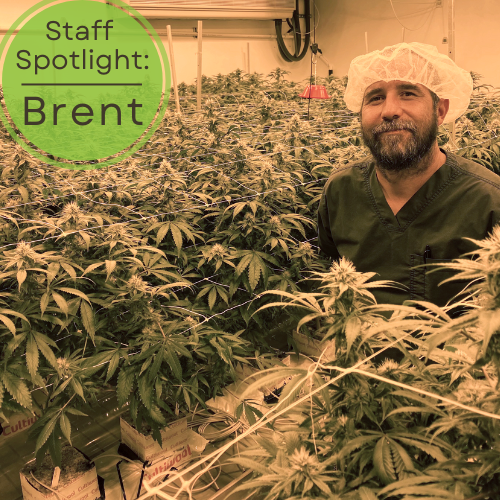What to do in those unpleasant, "too medicated" moments
I remember it so clearly—my friend and I sat on the couch enjoying the last rays of the Colorado sunshine pouring into the living room. That night we had plans to eat some Indian food, watch some Netflix and relax with some edible candies recently purchased at a dispensary in Telluride. The edibles were made with a hybrid strain and the label proclaimed "10 mg of THC per candy." The gelatinous, fruit-flavored squares had an undeniably skunky aroma.
I had had bad experiences with edibles before. This form of ingestion is wonderful for people who don't want to smoke or vaporize. But, it tends to take a little more time and the effects can come on unexpectedly. 10 milligrams is definitely enough to feel some sort of way; I knew my friend did not have as much experience with edibles. She usually preferred the effects of inhalation, which are almost immediate. As we unscrewed the child-proof lid to the candy, I mentioned that we should probably start by splitting a candy. We would see how we felt and then go from there.
The following 30 minutes were uneventful. We felt a little giggly, but primarily excited by the leftover Indian food that we eagerly reheated. As we finished our food, my friend decided that she wanted to eat another piece of the candy. I warned her that the effects would take a little while to appear, but she went for it anyways. Sure enough, one hour later, my friend began feeling anxious. It was all the tell-tale signs of being too medicated: invasive, paranoid thoughts, increased heart rate, general nervousness. I made sure she was comfortable, poured her a tall glass of ice water and began researching how to manage an unpleasant cannabis high.
Why does THC cause anxiety?
While some people rely on cannabis for its ability to soothe worries and even alleviate the symptoms of PTSD, it may also cause paranoia in others. While researchers still aren't completely sure why the answers may lie in our own body chemistry. Our bodies produce their own cannabinoids—organic chemical compounds found throughout the endocannabinoid system—which mirror the cannabinoids found in cannabis. Many cannabinoids bind to receptors in the amygdala. The amygdala controls our fight-or-flight responses. THC can modify the neural pathways in the amygdala for better or for worse. Therefore, THC can have a calming effect on some, and induce anxiety in others.
There may be a few factors to take into consideration to determine whether the cannabis will have a positive or negative effect on the mental state of the individual. This includes:
- Pre-existing anxiety or depression
- Frequency of cannabis use and tolerance
- Personality
- Mood and setting
In my particular experience, my friend had a history of anxiety. Additionally, her tolerance was relatively low. These factors made her more prone to anxiety after ingesting cannabis.
Thanks, Neil Young
After taking deep breaths and drinking some water didn't really help my friend feel more at ease, I turned to the great world wide web for some help. After reading a few different threads of advice online (including one troll who—to my friend's horror—incorrectly claimed the cannabis was going to cause a heart attack), I came across an interesting suggestion made famous by the one and only Neil Young. During an interview with Howard Stern, the musician suggested chewing a few kernels of black peppercorn to alleviate cannabis-induced anxiety.
I rummaged through the pantry for a black pepper shaker and collected a few kernels for my friend. At this point, she was laying on the couch and still felt really unhappy. To her dismay, I cajoled her into chewing a few of the kernels. After she overcame the flavor, I noticed she began to relax a little more. Her shoulders dropped as the tension left her body. After a few minutes, her heart rate slowed. What could have been a disastrous evening was back on track.
The magical synergy of cannabinoids and terpenes
So what is the magic behind black pepper? Turns out, black pepper has very similar chemical qualities to cannabis. While we're not recommending grinding up some cannabis to flavor your next meal (unless you really want to), black pepper may present an effective and accessible anti-anxiety aid. This is because of the terpene found in pepper called beta-caryophyllene. You can read more about this terpene here.
On a chemical level, beta-caryophyllene interacts with THC to elicit a calming effect. To learn more about the synergy between cannabinoids and terpenes, we recommend checking out Ethan Russo's paper "Taming THC: potential cannabis synergy and phytocannabinoid-terpenoid entourage effects."
Other than black pepper, there is evidence that CBD may have potent anti-anxiety benefit as well. In "Taming THC," Russo writes "The myriad effects of CBD ... provide a strong rationale for this and other phytocannabinoids as base compounds for treatment of anxiety. Newer findings, particularly imaging studies of CBD in normal individuals in anxiety models ... support this hypothesis. Even more compelling is a recent randomized control trial of pure CBD in patients with social anxiety disorder with highly statistical improvements over placebo in anxiety and cognitive impairment."
In conclusion, always remember to ensure everyone is comfortable while medicating, including yourself. Understand your limits and how you typically respond to certain settings. Keep plenty of water and snacks on hand. Even better, keep black pepper and CBD available to keep everyone happy and comfy.
Happy medicating!


